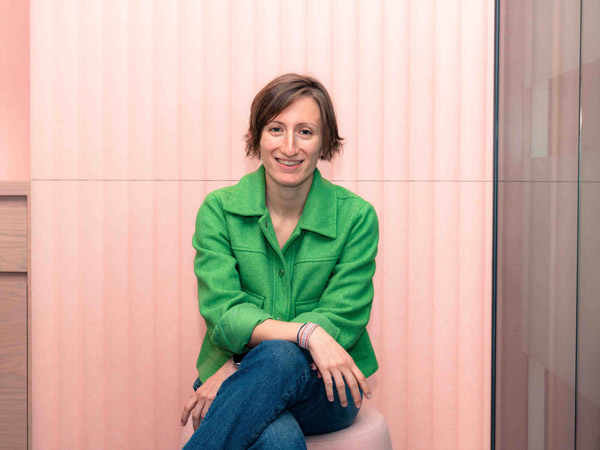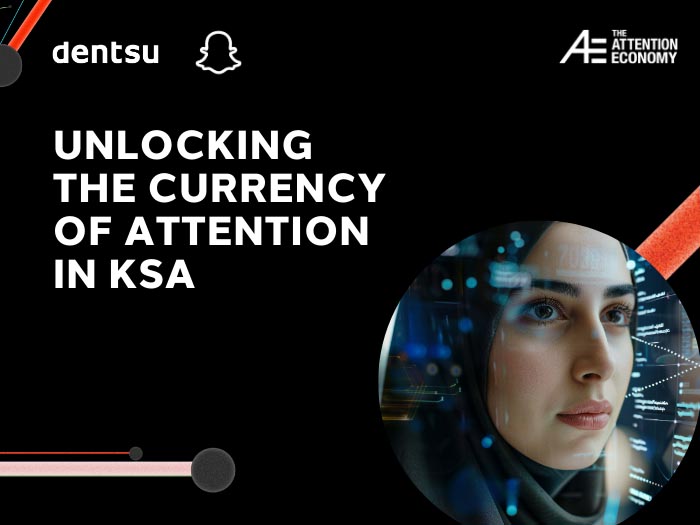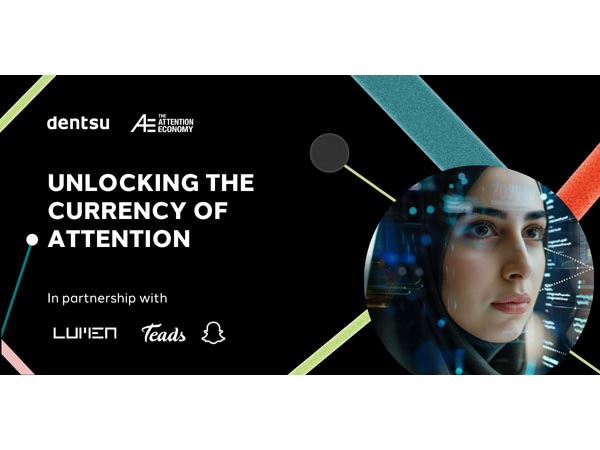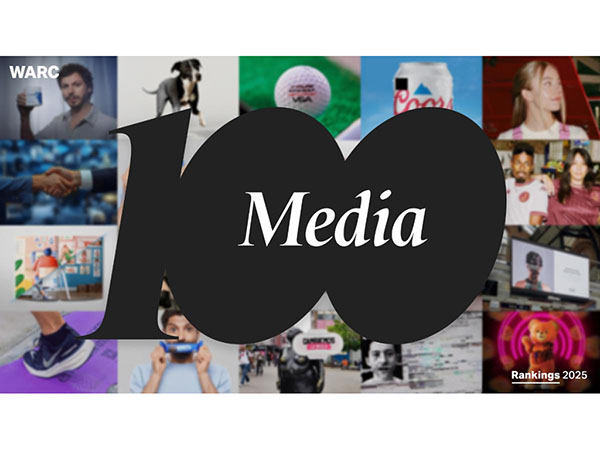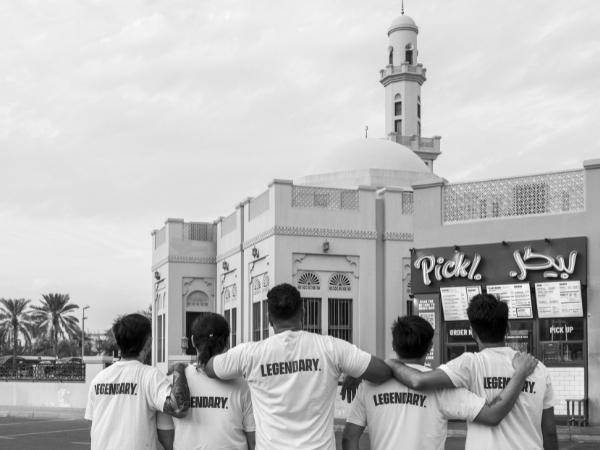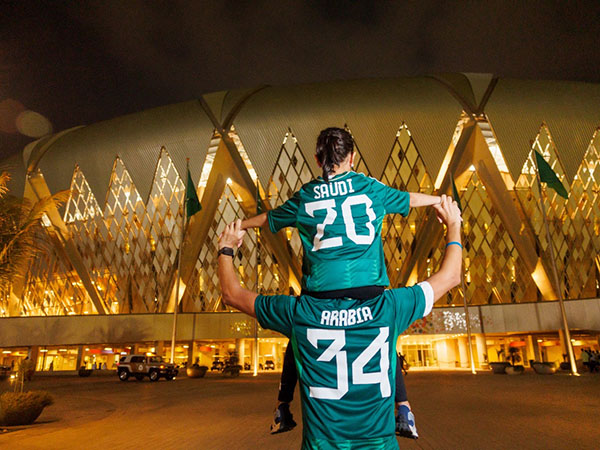News - Advertising
Are you not entertained?
by Annie Arsane, TikTok
July 3, 2023
How is it that the same people that spend their days creating ads, spend their nights blocking and skipping them?
I mean, I consider myself a very passionate marketer: I read marketing books, I follow marketing blogs, I listen to industry podcasts, and watch marketing content online - all while blocking ads. Does this make me crazy? Or has something about advertising changed fundamentally over the past few years?
Not too long ago, people from all around the world used to buy tickets to "The Night of the Adeaters" where they'd watch ads non-stop for an entire evening - without the interruption of TV shows. And these are not just marketing fanatics. They're people from all walks of life who actually enjoyed the entertainment value of ads.
The same people who paid for these tickets - and their children - are now paying even more for ad-blockers and premium services.
But what went so wrong in so little time?
Somehow, we as an industry started basing our marketing strategies on two misconceptions that we took for axioms.
The first is that today's consumers are time deprived. And it led us down the inevitable path of diluting brand stories and focusing on transactional benefits within extremely concise bumper ads, in order to cater to the consumer's time scarcity.
But where is this data coming from? If days are still the same length, and routine daily tasks are less time-consuming than ever, how come we keep treating consumers as time-starved?
If we take a step back and look at the actual data, this assumption starts to quickly fall apart: After discounting sleeping and working, consumers are spending half of the remainder of their day on digital entertainment. That's 4.5 hours for eating, socializing, commuting and routine tasks, and another 4.5 hours dedicated to digital entertainment.
Every single day.

And for consumers, that's time well spent: It's where they look for new things to learn, new ideas to discover and sometimes where they just find raw joy and amusement.
Which brings us to the second falsehood we rarely question: "The shrinking attention span". We kept repeating this headline until we started to believe it: We turned our entire species into the punchline of jokes that goldfish tell each other.
And yet, we see our target audiences bingeing on books, series, sports and even gaming for hours and days on end.
It turns out the real change in the market is not that consumers are more time deprived, or that they have a sub-human attention span. The real shift is that consumers have more choice. And the winning choice is one that gives value back to consumers for the time they invest, through entertainment.
The debunking of these two myths, is in part, what's allowing brands of all sizes to drive outsized growth on TikTok: it has become the platform of choice for discerning marketers to bring back entertainment as part of the value proposition of their brand. A value proposition they are able to offer not only to consumers, but also -quite generously- to prospects, before a purchase is even made.
By switching from interrupting to entertaining consumers, brands are effectively moving from being a nuisance -no matter how concise-, to becoming a content type to which consumers actually love attributing time.
We recently adopted this approach in our own marketing here at TikTok For Business. We needed to sell ad inventory in a B2B setting, during the most competitive season of the year: Ramadan. And we all know that in the media industry, it's stats and numbers that make the sale. So we transformed our key performance stats into a Ramadan series of six episodes. We effectively turned our sales pitch into an entertaining series that our clients simply wanted to binge on. And the results were phenomenal. Not only did it acquire accolades and awards from the global marketing community (our exact target audience), but it was simply one of our most effective campaigns to date. In fact, we exceeded our sales targets, with an attainment of 162%, representing a 52x ROI.
[ Scan to learn more about the campaign or click here ]
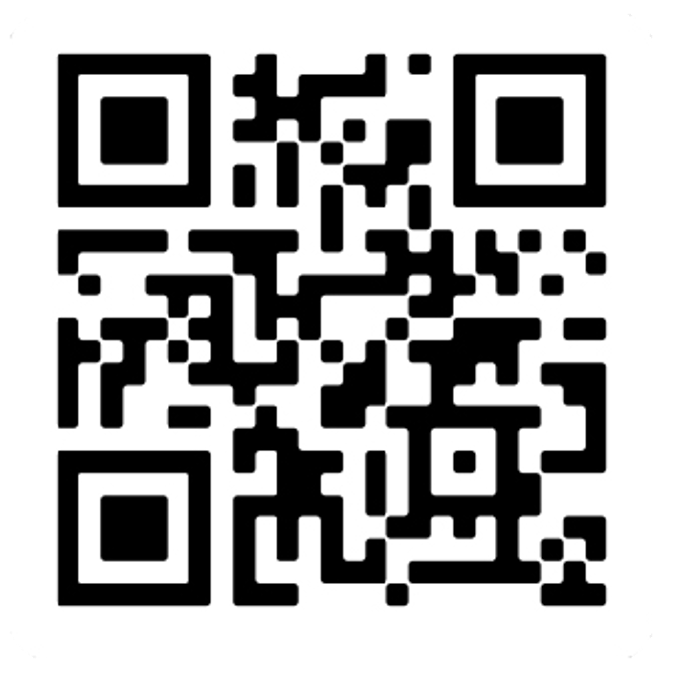
Not unlike us, brands big and small are finding similar success every single day by skipping the 3-second ads, and taking consumers on stimulating brand journeys, driving emotions, and ensuring they remain relevantly engaged, leading to conversion and longer-term impact.
One of the more recent examples is Hilton, who undertook this same challenge when they posted a full, 10-minute ad on TikTok. And the challenge was to keep the audience's attention while talking about the brand in depth, just by being entertaining.
The results were nothing short of mind-blowing: 35 million views in less than a month. That's people tuning-in for an ad, longer than many actual shows can retain their attention.
That's the power of entertainment. And that's the imperative for brands going forward. For brands to win in today's reality, they need to start rewarding attention, by providing entertainment value in return. It is only when a brand moves from persuasive advertising to entertaining advertising that consumers switch from avoiding its branded content, to bingeing on it.


